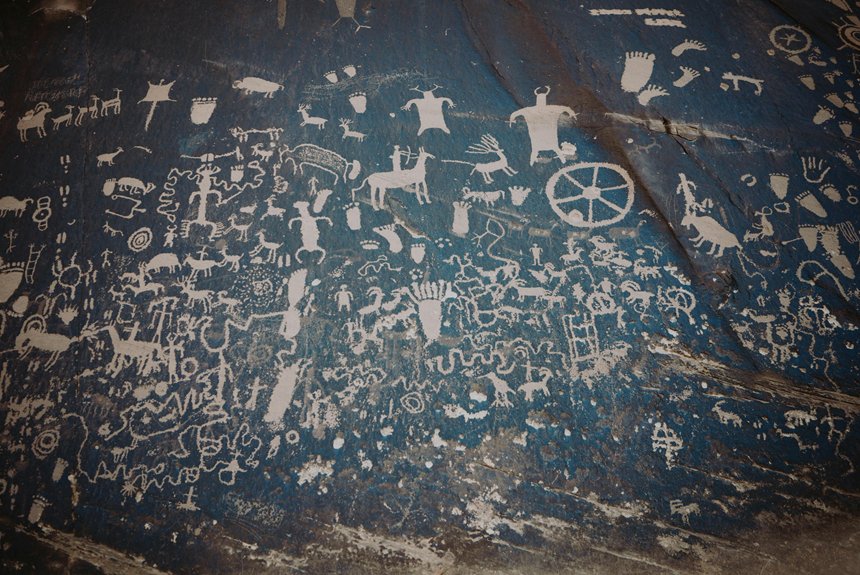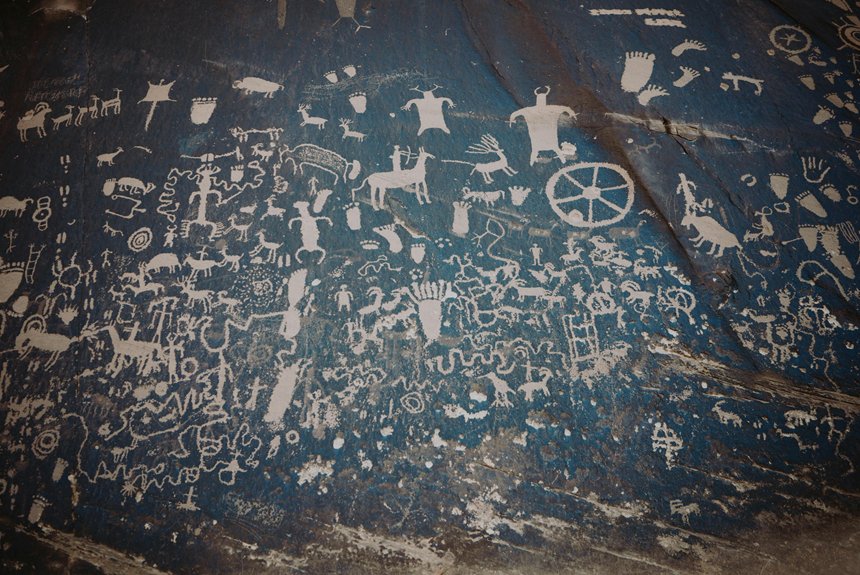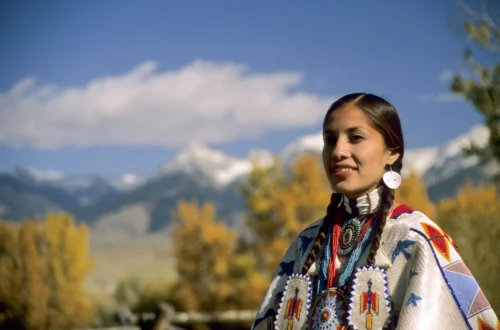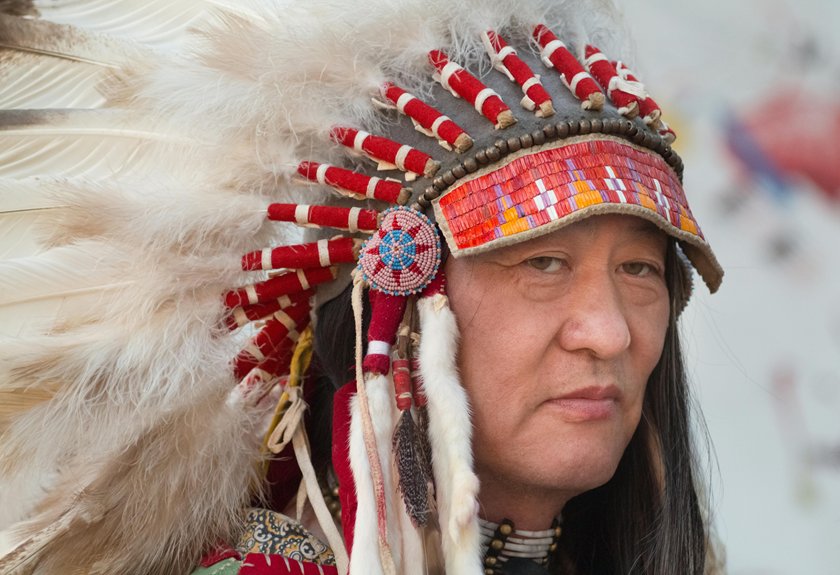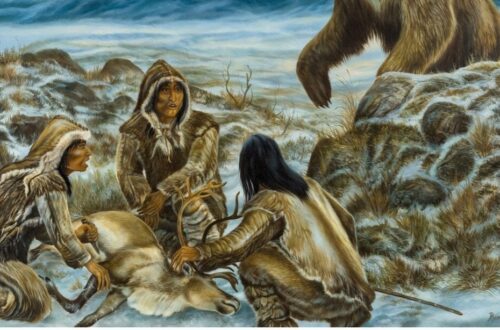When you think about Thanksgiving, it’s essential to recognize that Native American perspectives vary widely. For some, it’s a time of mourning, reflecting on the impact of colonization, while others embrace it as a moment for family and community. Their observances often involve traditional ceremonies and feasting, highlighting gratitude for the land. Understanding these diverse viewpoints can deepen your appreciation for the complexities of the holiday. What more can you learn about these rich traditions?
The Historical Context of Thanksgiving
While many people view Thanksgiving as a time for celebration and gratitude, its historical context is more complex and often painful, especially for Native Americans.
The narrative surrounding this holiday often overlooks the impact of European colonization on Indigenous communities. For many Native Americans, Thanksgiving symbolizes a time of mourning rather than joy, as it marks the beginning of a long history of displacement and loss.
The arrival of settlers brought disease, violence, and the erosion of cultural practices. Understanding this history is vital; it helps you appreciate the diverse experiences surrounding Thanksgiving.
Diverse Perspectives Among Native American Communities
Though Thanksgiving is often celebrated as a day of gratitude, perspectives among Native American communities vary widely, reflecting a rich tapestry of cultural beliefs and historical experiences.
For some, it’s a time for reflection on the impact of colonization and a reminder of resilience. Others may embrace the holiday as an opportunity to gather with family, focusing on themes of community and sharing.
Many Native Americans choose to observe the day in ways that honor their traditions and histories, such as participating in ceremonies or storytelling.
Ultimately, understanding these diverse viewpoints encourages a deeper appreciation for the complexities of the holiday and the varied experiences of Native American individuals and communities across the nation.
Traditional Celebrations and Gatherings
As many Native American communities gather during this time, their traditional celebrations often reflect deep cultural values and shared histories.
You’ll find that these gatherings can include storytelling, dance, and feasting, showcasing rich cultural practices passed down through generations. Families come together, honoring their ancestors and expressing gratitude for the land and resources that sustain them.
Celebrations may vary widely depending on the tribe, but many emphasize community and connection. For instance, some might hold potlatch ceremonies, where gifts are exchanged to reinforce social bonds.
Others might focus on harvest festivals, celebrating seasonal abundance. By participating in these traditional events, you can gain insight into the resilience and vibrancy of Native American cultures, fostering a deeper understanding of their ongoing legacies.
The Impact of Colonization on Native Cultures
Colonization profoundly altered Native cultures, disrupting their social structures, traditions, and relationships with the land. You’ll see how these changes led to the loss of languages, spiritual practices, and traditional ecological knowledge.
The imposition of foreign governance systems undermined community decision-making, leading to fragmentation and a sense of disconnection. As you explore these impacts, you’ll recognize that many Indigenous peoples faced forced assimilation, which eroded their identities.
The introduction of new economic systems often marginalized traditional ways of living, pushing many Native communities into poverty. Despite these challenges, Native cultures demonstrate resilience, adapting while working to preserve their rich heritage.
Understanding this history is essential for appreciating the ongoing journey of Native peoples today.
Reflection and Remembrance: A Different Lens
While many Americans view Thanksgiving as a time for gratitude and togetherness, for Native Americans, this holiday often evokes a complex mix of reflection and remembrance.
You might find that this perspective stems from historical experiences of loss, colonization, and cultural erasure. Instead of celebrating, many Native communities use this time to honor their ancestors and acknowledge the ongoing struggles faced by Indigenous peoples.
It’s a moment to reflect on the resilience and strength of Native cultures despite centuries of adversity. By understanding this different lens, you can appreciate the deeper meanings behind the day and recognize the importance of listening to Native voices.
This awareness fosters empathy and encourages more respectful dialogues about history and contemporary issues.
Modern Observances and Cultural Practices
Though Thanksgiving is often seen as a day for feasting and family gatherings, many Native American communities have developed their own observances that reflect their unique histories and cultural values.
Instead of the traditional turkey dinner, you might find gatherings centered around traditional foods, storytelling, and honoring ancestors. Some communities hold “Day of Mourning” events, where they reflect on the impact of colonization.
Others focus on gratitude, sharing their blessings with the community. Rituals may include dances, songs, or communal meals that emphasize unity and connection to the land.
Education and Awareness: Sharing the Truth
Many Native American communities emphasize education and awareness as essential components in reshaping the narrative surrounding Thanksgiving. By sharing their histories, they invite you to understand the complexities and nuances often overlooked in mainstream celebrations.
Engaging in discussions about the impact of colonization helps paint a fuller picture of the holiday’s legacy. It’s important to recognize that for many Native Americans, Thanksgiving isn’t just a day of gratitude; it represents a painful history of loss and resilience.
You can play a part by listening to their stories, participating in educational events, and supporting Indigenous voices. This effort fosters a deeper understanding and respect for Native American cultures, allowing for a more inclusive dialogue about the significance of Thanksgiving today.
The Role of Food in Native American Traditions
Food plays an essential role in Native American traditions, serving as a connection to culture, community, and the land. Each tribe has unique culinary practices rooted in their environment, utilizing local ingredients like corn, beans, and squash—often referred to as the “Three Sisters.”
These foods not only nourish but also symbolize the interdependence of life. Sharing meals is crucial in fostering community bonds, reflecting values of generosity and hospitality.
Traditional ceremonies often include food offerings, honoring spiritual connections and ancestral teachings. Additionally, seasonal gatherings celebrate the harvest, reinforcing the importance of gratitude and respect for nature.
Bridging Cultures: Finding Common Ground
As we explore the intersection of Native American traditions and mainstream celebrations like Thanksgiving, it’s essential to recognize the shared values that can foster understanding and respect between cultures.
Both Native Americans and non-Natives emphasize gratitude, community, and the importance of family. By acknowledging these commonalities, you can create a space for dialogue and learning.
Engaging with Native perspectives on Thanksgiving can deepen your appreciation for their history and traditions. Consider incorporating Native voices and stories into your celebrations, which can enrich your experience and promote awareness.
Respectful curiosity about different customs can lead to meaningful connections. Together, we can celebrate not just a holiday, but the diverse tapestry of cultures that shape our shared history and future.

